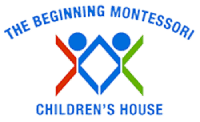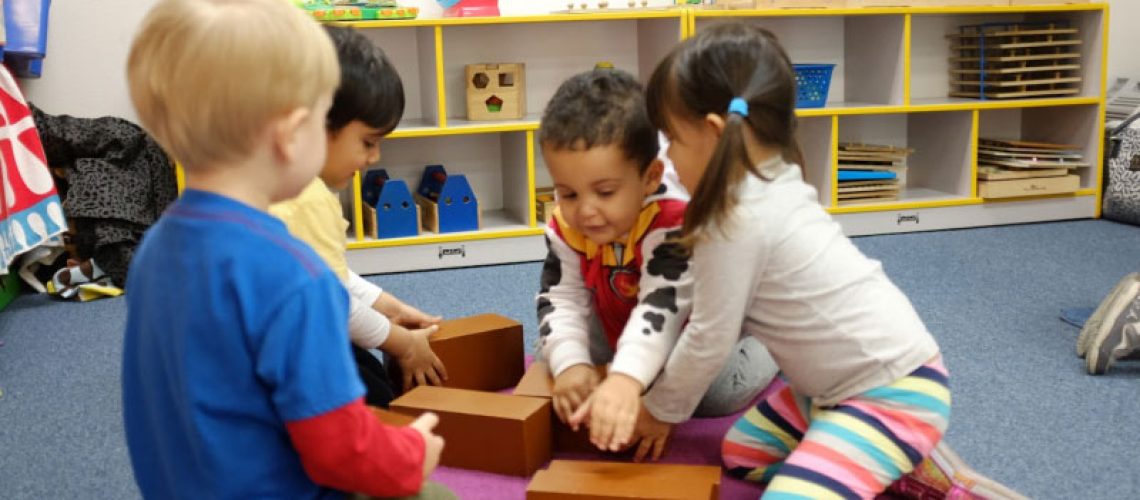Children’s lives are significantly enriched by early childhood education, which cannot be overstated. In today’s society, it is well recognized that a positive start in life is essential for future growth, health, and well-being, not just in the early years but throughout one’s whole life. According to recent scientific research, children’s learning and mental development begin shortly after birth. It continues throughout their lives, but not at the same intensity as it is displayed during the preschool years. Beginning Montessori 1st to 5th grade as young as six months old need excellent early learning experiences that will build the groundwork for their intellectual, social, and emotional growth and their academic achievement in the future. As a result, how can Montessori-based early childhood education help children prepare for school and later life?
The Most Important Developmental Stages
As a scientific approach of teaching focusing on the essential developmental phases that all children go through on their route to maturity, Montessori is becoming more popular. Children are at a particularly sensitive phase throughout each of these stages. They may acquire a variety of skills and activities that will help them achieve their next developmental milestone. Doctor Maria Montessori felt that if children were allowed to investigate and practice these abilities, they would make great strides in their development. She was right. Thus, the Montessori schools on the west hills system have been tailored to meet the specific developmental requirements of each child. Children of all ages and cultures have been tested, improved, and assessed via the Montessori curriculum, classroom organization, and learning materials. These methods have been shown in various settings around the world to support and nourish children’s full developmental potential.
- Social Development & Collaboration are two important concepts.
In a Montessori classroom, children are divided into groups based on their age, and they are encouraged to cooperate and assist one another. This organizational framework in the learning environment allows children to share and work together to explore various aspects of the Montessori curriculum as they go through the levels. Following the nature of the school setting, students are taught to respect one another, develop abilities in collaborative problem solving, and foster a feeling of belonging among their peers.
2. Child-Centered, Teacher-Guided Instruction
This prepared learning environment allows children to pick from various developmentally appropriate activities while in the Montessori classroom. The role of the teacher in the Montessori classroom is to lead and encourage the learning process. Their responsibility is to accept direction from children in the classroom, observe the ground rules, and encourage students to work independently and at their speed. By allowing children to guide their learning, they are more likely to learn fun and develop a lifelong zest for learning, self-discipline, independence, and good self-esteem.3.
3. Assessing Oneself and Developing One’s Intrinsic Motivation
It is an essential aspect of the Montessori learning experience for children to correct and evaluate their work. Children gain critical thinking skills as they advance through the educational program, learning to examine their work critically, recognize and fix flaws, and learn from their failures. Montessori students develop to become confident, self-motivated learners who have an inherent love of learning due to the freedom they are given to question, investigate thoroughly, and create connections. A positive and confident attitude to life-long learning is fostered through Montessori education in this manner, which results in engaged learners.
4. Learning for the Rest of Your Life
The skills of children taught at a Montessori school were compared to children taught at a conventional school in a study undertaken by a group of psychologists United States and published in the journal Science in 2006.
Additionally, the Montessori Preschool Program had stronger awareness of ‘justice and fairness,’ behaved in an ’emotionally good manner.’ They were less likely to participate in ‘physical play’ during recess and lunch periods. As a result of these findings, the researchers concluded that 5-year-old Montessori pupils were better equipped for reading, arithmetic, and Science and that 12-year-olds produced “much more creative essays” that used “advanced sentence structures.”
What causes this to happen?
- Each youngster is seen as a unique person who deserves respect. Montessori education understands that children learn in various ways and provides opportunities for all learning styles to be met. Students are free to study at their rate, with each student progressing at their own pace as they are ready, led by the instructor and an individual learning plan.
- Montessori education promotes order, attention, and independence in children from an early age. Intentional classroom design, resources, and daily routines help students develop their “self-regulation” (the capacity to educate oneself and think critically about what one is learning) from the time they are infants through young adults.
- Students are a member of a close-knit, loving group of people. The multi-age classroom, which normally lasts three years, recreates the structure of a family. Teachers serve as role models for students regarding respect, loving compassion, and peaceful dispute resolution. Older students benefit from their status as mentors and role models, while younger students feel encouraged and acquire confidence in the face of the difficulties that lie ahead.
- Montessori kids like the flexibility they have within certain parameters. Students are active participants in determining the emphasis of their learning, working within the limitations established by their instructors and the rest of the classroom community.
- Students are encouraged to become active searchers of information, which the faculty support. Teachers create learning environments where students have the flexibility and resources to find answers to their questions independently. The child’s internal contentment drives their curiosity and interest, leading to joyful learning sustained throughout a lifetime.
- The Montessori classroom style emphasizes self-correction and self-assessment as essential components of learning. When pupils reach a certain level of maturity, they learn to examine their work critically and become effective at identifying, fixing, and learning from their mistakes.
- Montessori encourages the development of social and emotional abilities. According to a recent study, the Montessori Method, which has been around for 100 years, is beneficial because children who learn in Montessori classrooms have greater social-emotional abilities in various areas than children who learn in more conventional situations.
Final words!
By providing the necessary foundations for future development, Montessori education fosters children’s inborn desire to learn and helps them reach their greatest potential. Montessori alumni include the founders of Google and Amazon.com, Rhodes students and artists, and well-adjusted, goal-oriented professionals, among other things. As a result of Doctor Maria Montessori’s knowledge of how and why children learn, the Montessori classroom can provide an outstanding foundation for students’ education that opens the door to a lifetime of education.


